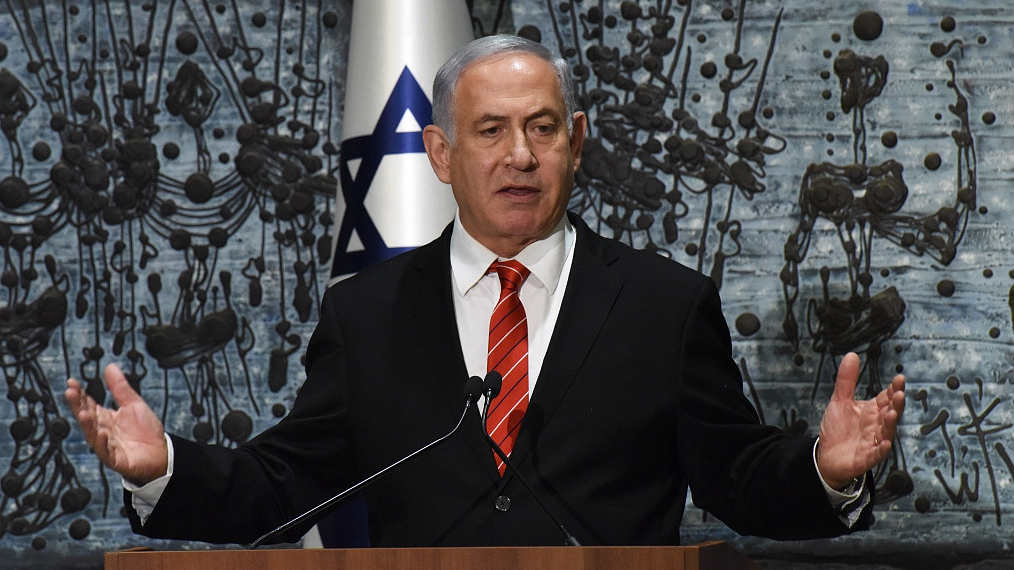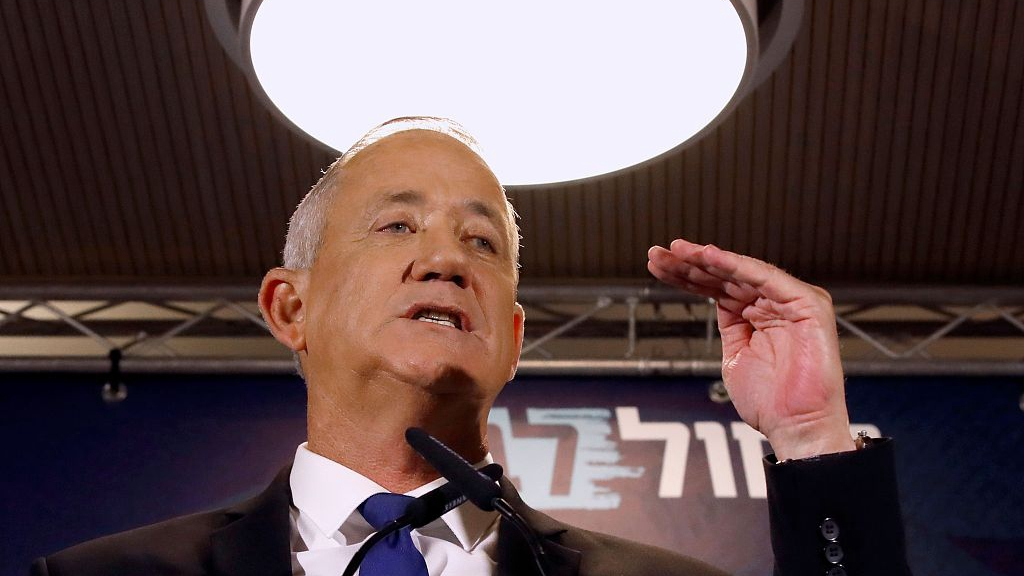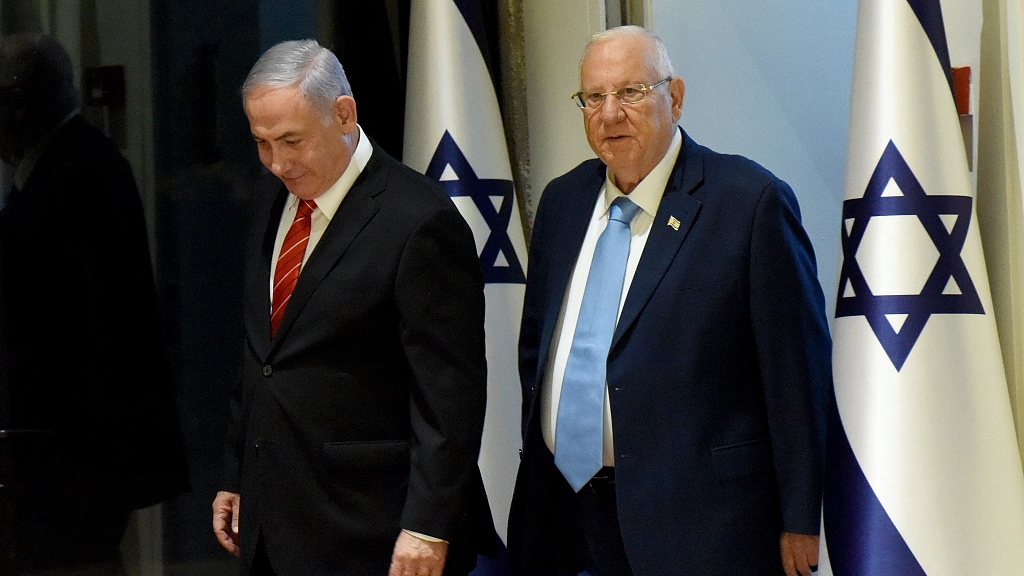
Israeli Prime Minister Benjamin Netanyahu faces a critical Wednesday, with a corruption hearing into his conduct set to take place and unity government talks nearing a dead end.
The hearing comes as deadlocked results from a September 17 general election leave Netanyahu plotting how to survive politically and continue his reign as Israel's longest-serving prime minister.
Corruption hearing begins
Israel's attorney general will convene a pre-indictment hearing for Netanyahu on Wednesday after having said he intends to charge him with bribery, fraud and breach of trust.
Only Netanyahu's lawyers and not the premier himself are expected to attend the closed-door hearing, which gives him a final chance to convince Attorney General Avichai Mandelblit he should not be indicted.
The hearing is to last four days, covering three separate cases in which Netanyahu is accused of acting on behalf of wealthy supporters and businessmen in exchange for gifts or favorable news coverage.
Netanyahu, who denies all the allegations, asked that the hearing be broadcast live because he has "nothing to hide." Mandelblit dismissed the request in no uncertain terms, saying the hearing was intended to convince the legal authorities, not the public.
Coalition talk deadlock
Netanyahu may be preparing to inform President Reuven Rivlin he is unable to form a government after being tasked with doing so a week ago, meanwhile.
Negotiators for Netanyahu's right-wing Likud had intended to meet with Benny Gantz's centrist Blue and White on Wednesday as part of so far unsuccessful efforts to hammer out a unity government.

Retired Israeli General Benny Gantz, leader of the Blue and White alliance, gives a statement, Tel Aviv, September 19, 2019. /VCG Photo
Retired Israeli General Benny Gantz, leader of the Blue and White alliance, gives a statement, Tel Aviv, September 19, 2019. /VCG Photo
But Blue and White announced late Tuesday that there was no reason for either meeting now since "pre-conditions" it sought for further talks were not met. Both sides held out hope for a change of heart by their opponents, but Netanyahu had already labeled Wednesday's talks a "last effort."
What happens next?
Should Netanyahu follow through with the negotiating tactic and tell Rivlin he cannot form a government, the president must then decide whether to ask Gantz to try.
Alternatively, Rivlin could call on parliament to agree on a candidate for prime minister with a vote of at least 61 of 120 members.

Netanyahu and President Reuven Rivlin arrive to make statements to the press, Jerusalem, September 25, 2019. /VCG Photo
Netanyahu and President Reuven Rivlin arrive to make statements to the press, Jerusalem, September 25, 2019. /VCG Photo
Netanyahu and Gantz have traded blame over failed efforts so far to reach a deal. They are divided on a range of issues, but one major point: who would be prime minister first in a unity government.
Gantz argues that since his party finished as the largest, with one seat more than the Likud, he should be prime minister first under any rotation arrangement. Netanyahu says even though Likud has fewer seats, more of the smaller parties in parliament back him.
He wants to negotiate based on a compromise Rivlin proposed, which could see him remain prime minister for now but step aside if indicted while retaining the title. Gantz would step in as acting prime minister in the interim.
(With input from AFP)